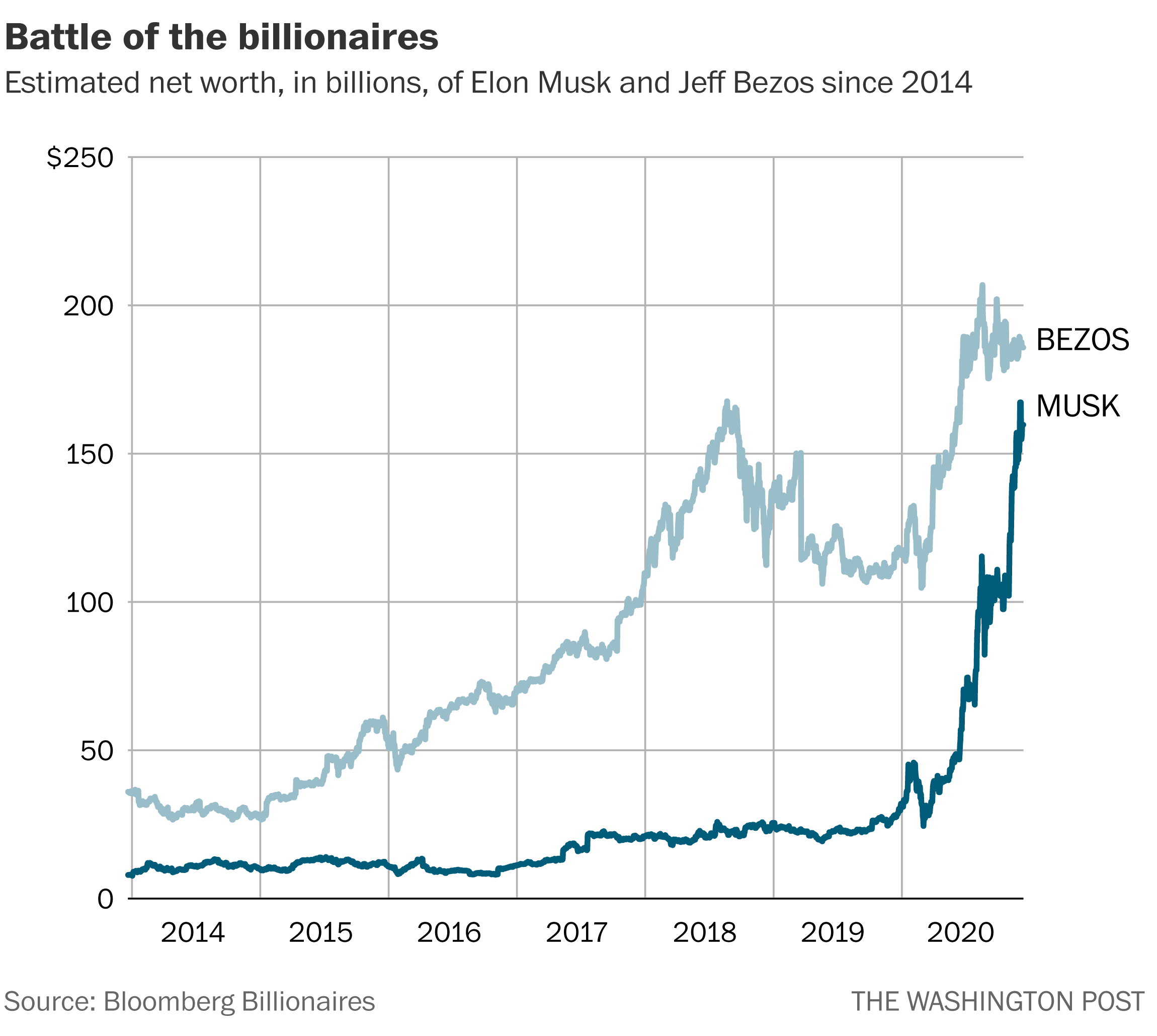If you insist. Would you be so kind as to stop commenting on my comment then as well?
- 0 Posts
- 269 Comments
Why do you do this?
Do you not want answers? I didn’t mind the question, I just think you need to refine what you’re taking about.
What even is AI? You love diffusion based image generation? Global parameter transformer text generation? Good old fashioned optimizers? The category of AI seems to broad for your statement to make sense.
Over the last 6 years he’s gained ~150B. That puts it at 410M per week on average over that time period.

I would define more living or truly living as living the Good Life. What that looks like is the fundamental question of philosophy, but I think a component we haven’t touched on yet is helping others. I don’t think we should help other people because it gives us a happy experience, but because it fulfills who we ought to be.
I didn’t think living=experiencing.
I don’t think that, but saying ‘the purpose of life is to live’ implies more life is more better.
Not necessarily, living longer could be at odds with experiences like sky diving or bull running.
Absolutely, that’d lead you to as many partners as possible while discouraging birth control. Plus tangentially it’d incentive trying to reduce the number of children other people have to increase your share of the gene pool. (Which I think is one of the paths you were getting at with eugenics)
How would you prioritize what to experience? By novelty? Or would you be happy to watch every movie ever made?
I mention those because it’s a common trope in fiction for curiosity of experiences to lead down disturbing paths. Slanesh in 40k comes to mind.
Seems like that’s how you’d get murder, cannibalism, sadism, and things like that if you don’t put limits on it somewhere.
I literally put it together in highschool when someone mentioned it to me after learning about how clouds form from nuclei.
General aviation still uses leaded gas almost exclusively. It’s really hard to qualify replacements though the FAA, and airports don’t want to carry multiple fuel types.
Stomp summoned this book from the depths of my memory. Big things in store for those big paws!

Do you think you can have effective communism with only self interested parties? That was my take away from your comment, that you can get communism as a logical extension of greedy motives?
When someone says capitalism is human nature, I don’t think they mean that industrial automation allowing unskilled workers is human nature. So they’re using a different meaning of capitalism. To address their concern, you would show counter examples of large groups of people working together for a common good rather than their own enrichment. Rather than just saying they’re using the word wrong.
When you survey people on the street, would they use that definition? English isn’t a prescriptive language, the definition is what people use it as.





I have no idea. But maybe the gravitational location would appear to asymptotically approach the event horizon similar to how light from an object would appear to just approach the horizon and then stay there.